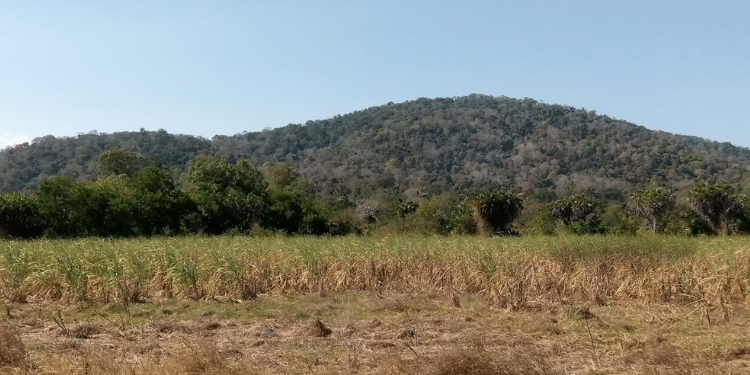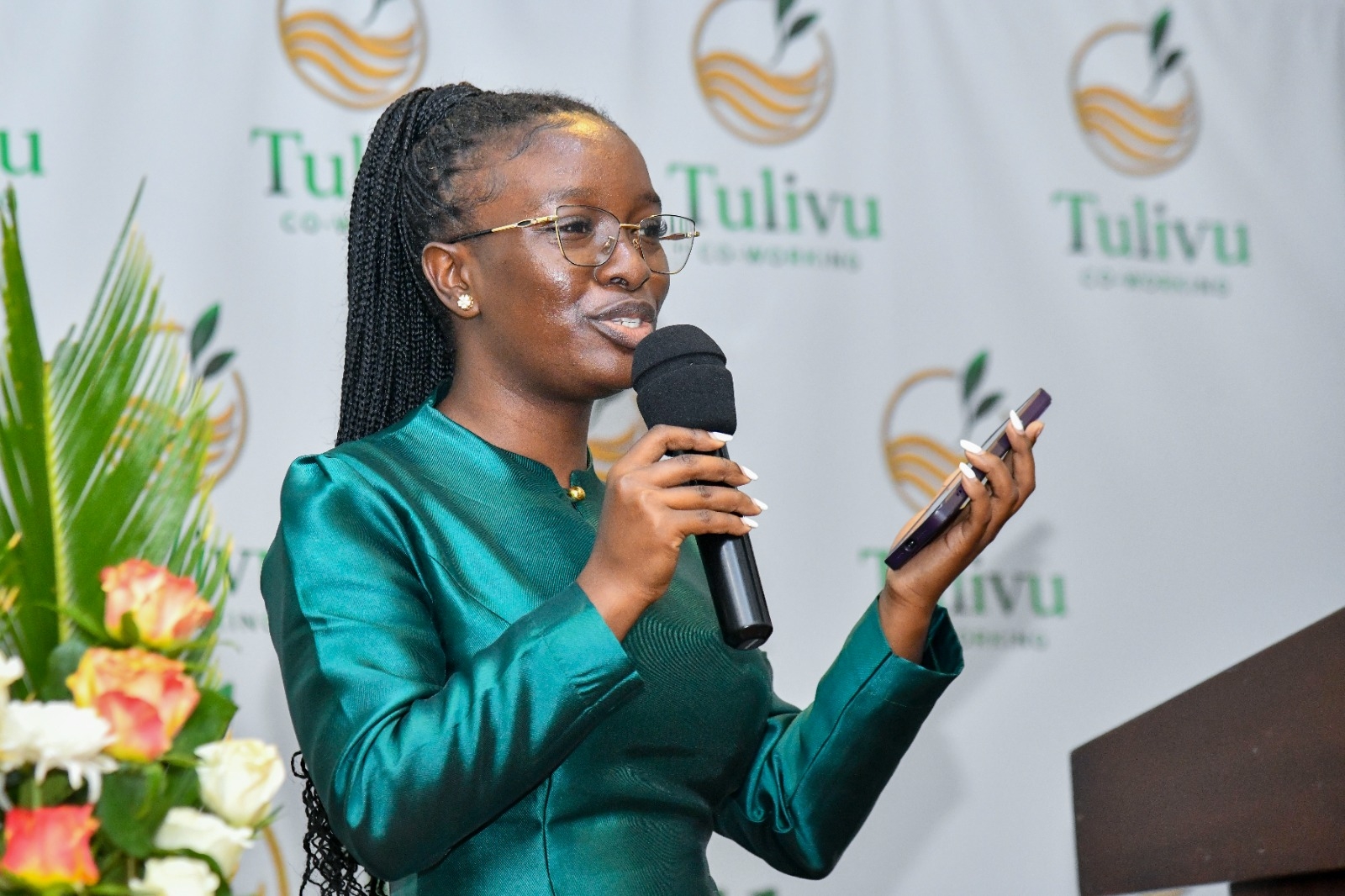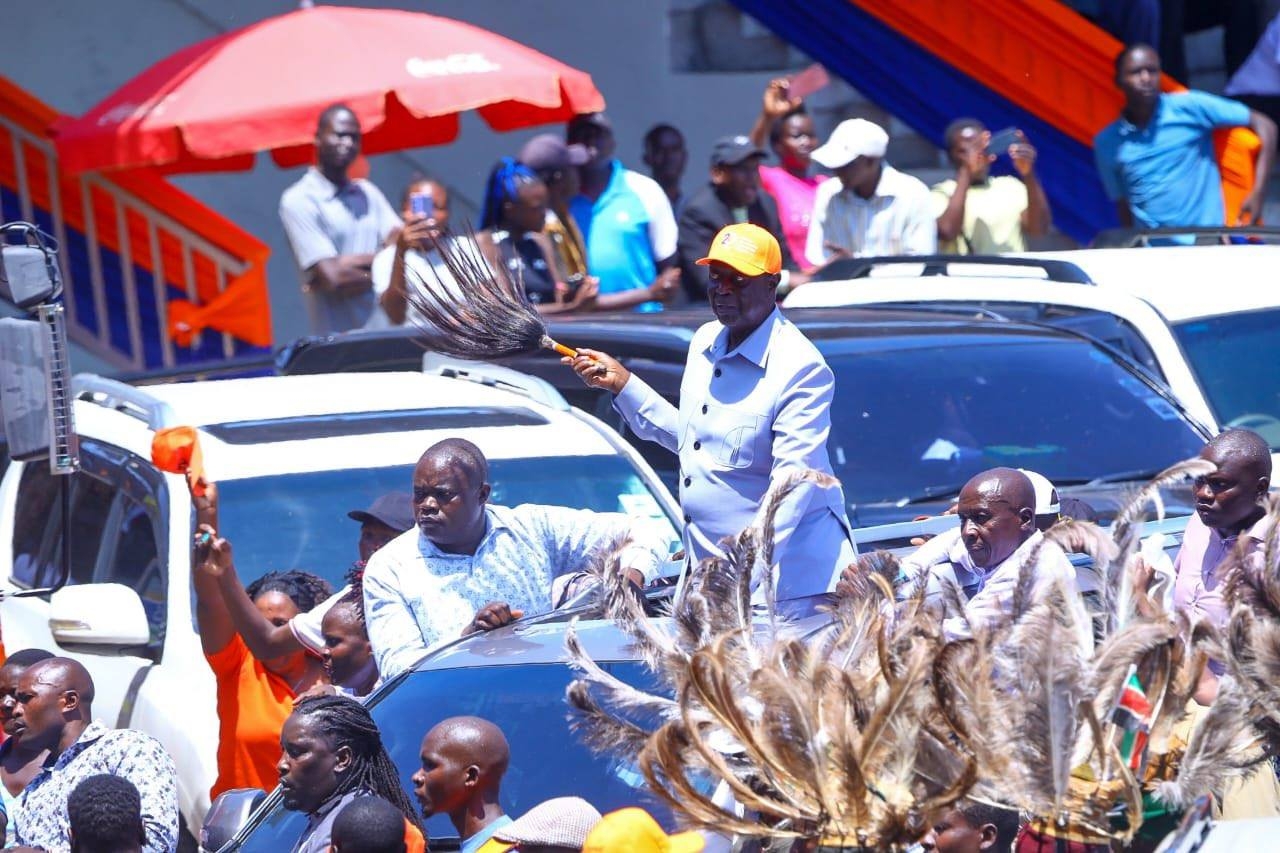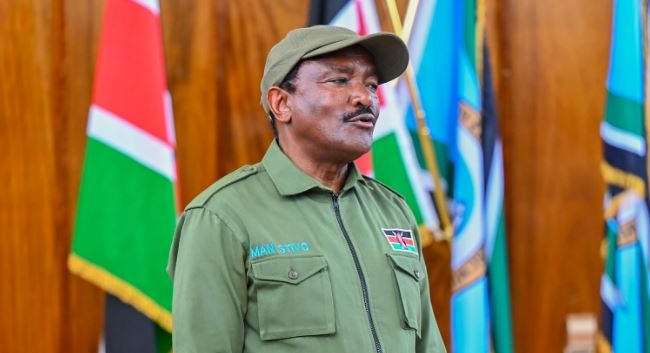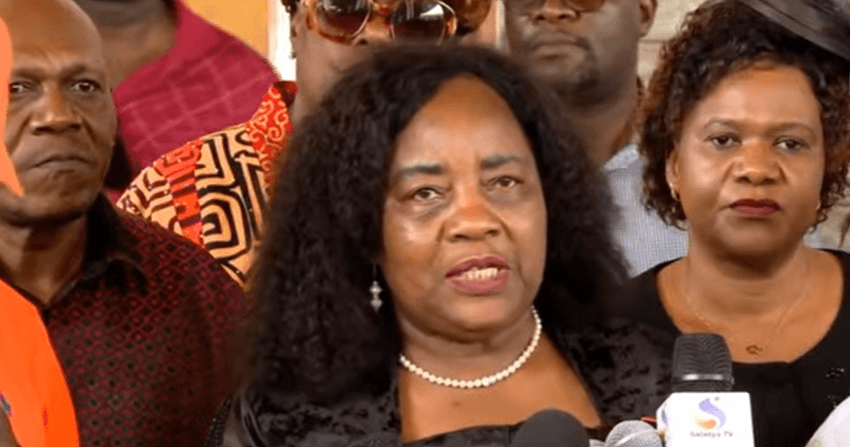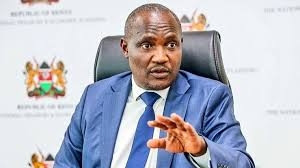Exactly a month ago today, the late President Benjamin Mkapa was buried in his natal village of Lupaso near Ndanda Township in Masasi District. His home zone is in the hilly southern Tanzanian province of Mtwara near Mozambique. This area was home to the Maji Maji Rebellion against German colonial rule, immortalised in the famous play Kinjeketile by Ebrahim Hussein.
In mid-2012, I had the privilege of travelling across this historic birth district of the late president. I was a literary companion to MG Vassanji, a famous Canada-based writer, as he researched for material for two of his books. One is a novel, The Magic of Saida, published in 2012, and a memoir, And Home was Kariokoo, published in 2014. He truly surprised me by dedicating this memoir to me in an anterior page.
It is in Ndanda on the road from the medieval coastal town of Lindi to Masasi that we encountered a broken bridge. The region awash with long rains. Our intention was to hunt for colonial bomas of Germans in Masasi and circuitously reach Mtwara town via Newala, not far from the village of Harmonize, formerly of Wasafi Records.
As we waited for means to ferry us to the other bank, Vassanji casually pointed out that President Mkapa hailed from this township of Ndanda. Growing up in Dar in the heady Nyerere days, Vassanji, though diasporic, today has vivid reminisces of politics in socialist Tanzania. Once, he recollected effortlessly his times in the National Youth Service in Dodoma at Makutabora in the 1970s in the wake of Ujamaa.
Our chat drifted from Ndanda to the unsung literary background of its celebrated son, Mkapa. I became aware the late president studied English at Makerere in its heyday. He was a contemporary of Ngugi wa Thiong’o. They graduated together in 1962 and coincidentally share the same year of birth, 1938.
The two classmates cut their literary teeth in Uganda where they wrote and published literary juvenilia in college magazines called The Makererean and Penpoint. Later, their more advanced literary offerings would appear in bigger journals, such as East African Journal, Busara and Zuka. Had he not ventured into politics and diplomacy, I bet Mkapa would have blazed the literary landscape like his peerless peer.
Those who penned elegies and eulogies for Ndugu Mkapa in July agreed that his command of the English language was admirable and amazing. He had this gift of the gab with English and Kiswahili that animated his stellar literary experience in journalism and diplomacy.
He would later play a plethora of roles in African affairs, including as Mwalimu Nyerere’s ambassador to Nigeria after the Biafran War of 1967-70, which killed the famous poet Christopher Okigbo. Tanzania had supported the secession of eastern Nigeria, and when the cause was lost, Mkapa mended the ties between Dar es Salaam and Lagos. And under the African Union, he united Kenyans after the post-election violence of 2007-08.
Vassanji’s childhood friend Mzee Walter Bgoya is a leading East African publisher. Together with his son Mkuki and daughter Nyota, he owns and heads Mkuki na Nyota Publisher in Dar es Salaam. Last year in January, he published Mkapa’s riveting memoirs, My Life, My Purpose: A Tanzanian President Remembers. The book has become a hot sale already. It tackles childhood, formation, politics and diplomacy, yet I note desolately how in its breadth, it leaves out the literary roots of the late leader.
Tanzanian critics argue he should have written it in Kiswahili to reach the masses, yet to me, Mkapa’s authorial manger is old Makerere, the constituent college of University of London, which gave him the pen. In choosing English for his principal literary work, his memoirs, he did two things at once.
Firstly, he invoked his literary pedigree as part of that golden Makerere generation of Ngugi, which includes William Kamera and Gabriel Ruhumbika, his fellow countrymen and college peers. Both are now revered Tanzanian professors of literature.
Secondly, he reignited the debate on the place of English as a literary medium in postcolonial Tanzania. Even with the hegemony of Kiswahili and Swahili literature, Anglophone Tanzanian writing continues to march on against all odds. Ruhumbika published his second Tanzanian novel in English in 1969 titled, A Village in Uhuru.
The first one, titled Dying in the Sun, had been published by Peter Palangyo in 1968. As principal of Aga Khan Secondary School, Dar es Salaam, Palangyo in 1969 invited Achebe to talk to his students of English, including Vassanji. Vassanji’s literary seed was thus planted and English has been his medium.



